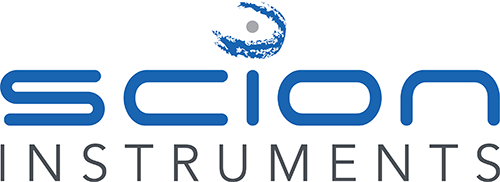Technical NotesHeadspace analysis is a sample preparation technique which can be used to extract volatile organic compounds (VOCs) from both solid and liquid sample matrices. Headspace is an extremely useful technique for analyzing VOCs with minimal sample preparation. Other extraction techniques may be needed for more complex sample matrices in which the EPA offers guidance.
Technical NotesPipettes are an essential tool in laboratories which are used to transfer volumes of liquid from one vessel to another. They can be made from glass or plastic and can be manual or electronic. Following these best practice techniques this will lead to reliable results which you can be confident in.
Technical NotesHeadspace is a versatile technique which allows for the analysis of volatile analytes in sample matrices which may be unsuitable to be directly injected into a GC or will require complicated sample preparation to make suitable. Sample preparation can be time consuming, require large volumes of expensive solvents and may introduce contamination into your sample.
Technical NotesQuEChERS is an acronym which stands for Quick, Easy, Cheap, Effective, Rugged and Safe. It is a very popular sample SPE (solid phase extraction) preparation technique which can be used for a number of sample matrices and analytes for example analysis of residual pesticides in fruits and vegetables. QuEChERS are a highly efficient, cost effective and versatile technique which can
Technical NotesPulsed Flame Photometric Detector (PFPD), has a photomultiplier which looks at a flame within the detector. The signal is acquired from changes in colour of the flame. Each element has its own emission wavelength or colour (fluorescence). Band Pass Optical Filters are used to control which element is measured by filtering out light from other sources. The light from elemental
Technical NotesThe Electron Capture Detector (ECD) was invented by James Lovelock and specifically designed to detect electrophilic compounds. The detector captures electrons from a radioactive source when electronegative analytes pass through. This gives high sensitivity, in the picogram range, for halogenated and other electron absorbing compounds.
Technical NotesHeadspace analysis is a flexible sample preparation technique used to extract Volatile Organic Compounds (VOCs) from a variety of liquid and solid matrices. The SCION Versa and HT3 headspace samplers provide automated headspace sampling with direct injection into a Gas Chromatograph (GC). Headspace samplers can be configured to either static mode or dynamic mode, depending on the model.
Technical NotesHeadspace analysis is a sample preparation technique used to extract volatile compounds from a variety of liquid and solid matrices, and can be performed in all areas of research and industry including environmental, forensic, pharmaceutical, food and beverage, petrochemical and chemical.
Technical NotesLearn how to prepare your sample for analysis by GC-MS, and select the correct GC column for your sample.
Technical NotesThe frequency of the FID maintenance is dependent upon the sample matrix and application your laboratory is conducting. Read this technical note to learn how to correctly maintain your flame ionization detector (FID).
